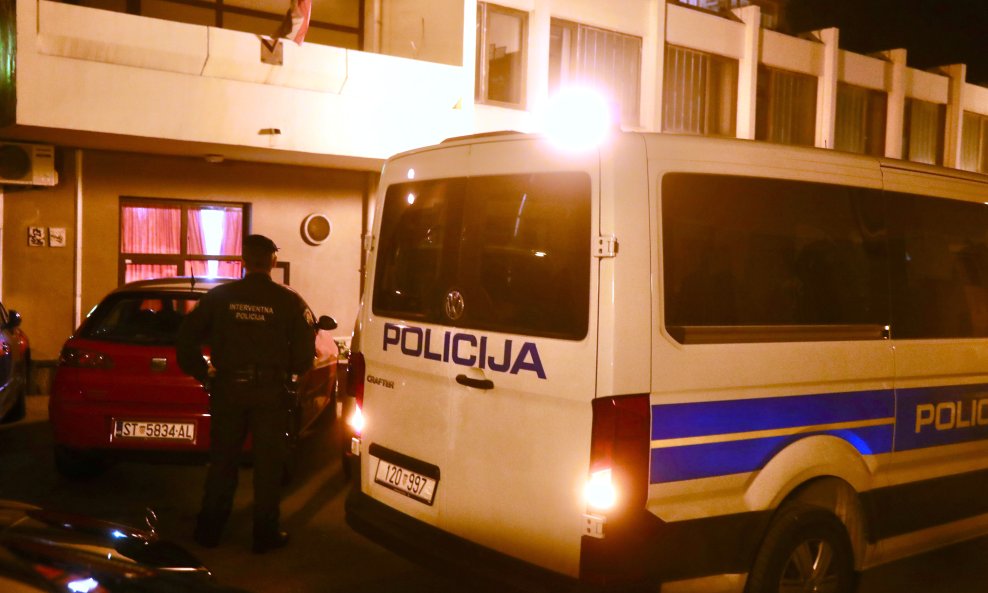Croatian police are investigating an incident in the coastal city of Split after a group of around 50 young men dressed in black stormed a venue hosting Days of Serbian Culture, shouting nationalist slogans and forcing organizers to halt the event.
The disruption occurred Monday evening at the Blatine community center, where the Serbian Cultural Society Prosvjeta had organized a month-long program featuring music, theater, exhibitions, and folk performances. Witnesses said the group, some wearing caps and black T-shirts, entered the hall after 6 p.m. and told organizers that “there is no place for such an event in November,” referring to commemorations of the 1991 fall of Vukovar during Croatia’s war of independence.
Police said there were no injuries or physical violence, though public order was disturbed. Local media reported that some of the men shouted “Za dom spremni” – a salute associated with the fascist Ustaša regime from World War Two.
Videos later published by the portal Novosti showed one man telling attendees to leave “peacefully,” while another could be heard yelling insults such as “Serbian trash.” Organizers said they left the premises to protect guests, including performers from Novi Sad, Serbia.
Prime Minister Andrej Plenković condemned the incident, calling it “unacceptable and intolerant.”
“We strongly condemn the incident in Split during a cultural event of the Serbian national minority,” Plenković wrote on X (formerly Twitter). “There is no room for intolerance toward minorities in Croatian society. We expect authorities to prosecute those responsible as soon as possible.”
Police said they are conducting an “intensive criminal investigation” to identify members of the group, which local outlets linked to fans of the football club Hajduk Split, known as Torcida.
The Days of Serbian Culture festival, running from November 3 to December 1, is one of the key events celebrating Serbia’s minority heritage in Croatia — a country still struggling to reconcile wartime memories with the rights of its Serb community, which makes up around 4% of the population.



